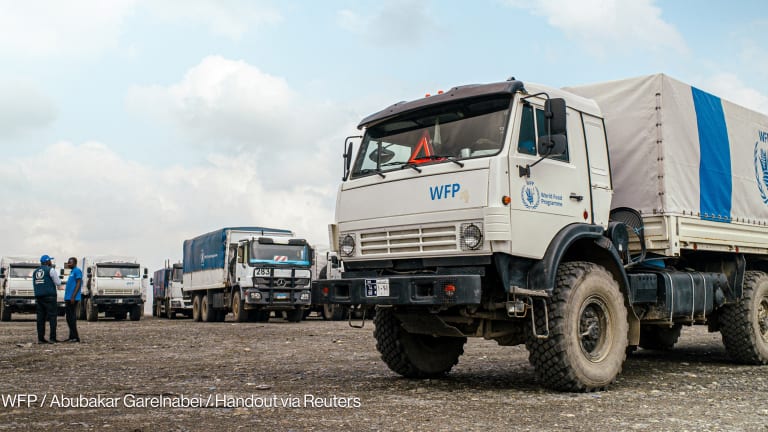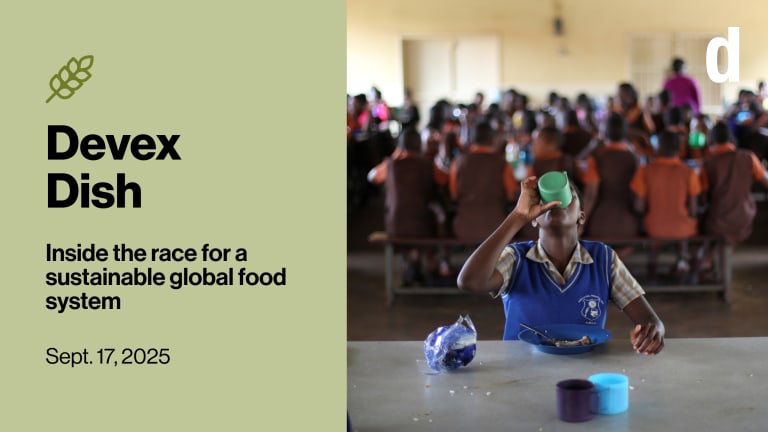
The World Food Programme will now be able to deliver food inside Venezuela after reaching an agreement with Nicolás Maduro, the country’s president.
WFP and Venezuela signed a memorandum of understanding allowing the United Nations agency to establish operations inside the country and distribute school meals to children. WFP will also improve school canteen facilities and provide training on food safety to school staff members.
“With this agreement, WFP will move forward with its plan to progressively reach 1.5 million children in schools in the areas most affected by food insecurity,” said David Beasley, the agency’s executive director. “The children and the schools will be at the centre of our operation. We believe the school is the most appropriate platform for WFP to reach communities in an independent manner.”
WFP plans to scale the program to those 1.5 million students by the end of the 2022-2023 school year and aims to reach 185,000 by the end of this calendar year.
Why it matters: Maduro’s authoritarian government has long denied the scale of the humanitarian crisis that has caused an estimated 5 million Venezuelans to flee since 2015. In 2019, Maduro blocked an aid convoy that attempted to enter the country from Colombia. International organizations have struggled to operate inside Venezuela because Maduro has politicized aid, and local organizations face security risks. Basic goods such as food, medicine, and toilet paper are prohibitively expensive amid rampant inflation.
Who will pay: WFP estimates the food aid will cost $190 million, money that will come out of the Venezuela Humanitarian Response Plan, which requested $762.5 million in 2020. The crisis remains drastically underfunded, with appeals consistently going unmet for assistance inside Venezuela and for refugees and migrants being hosted by other countries. An estimated 7 million people inside Venezuela need humanitarian assistance.
Search for articles
Most Read
- 1
- 2
- 3
- 4
- 5








